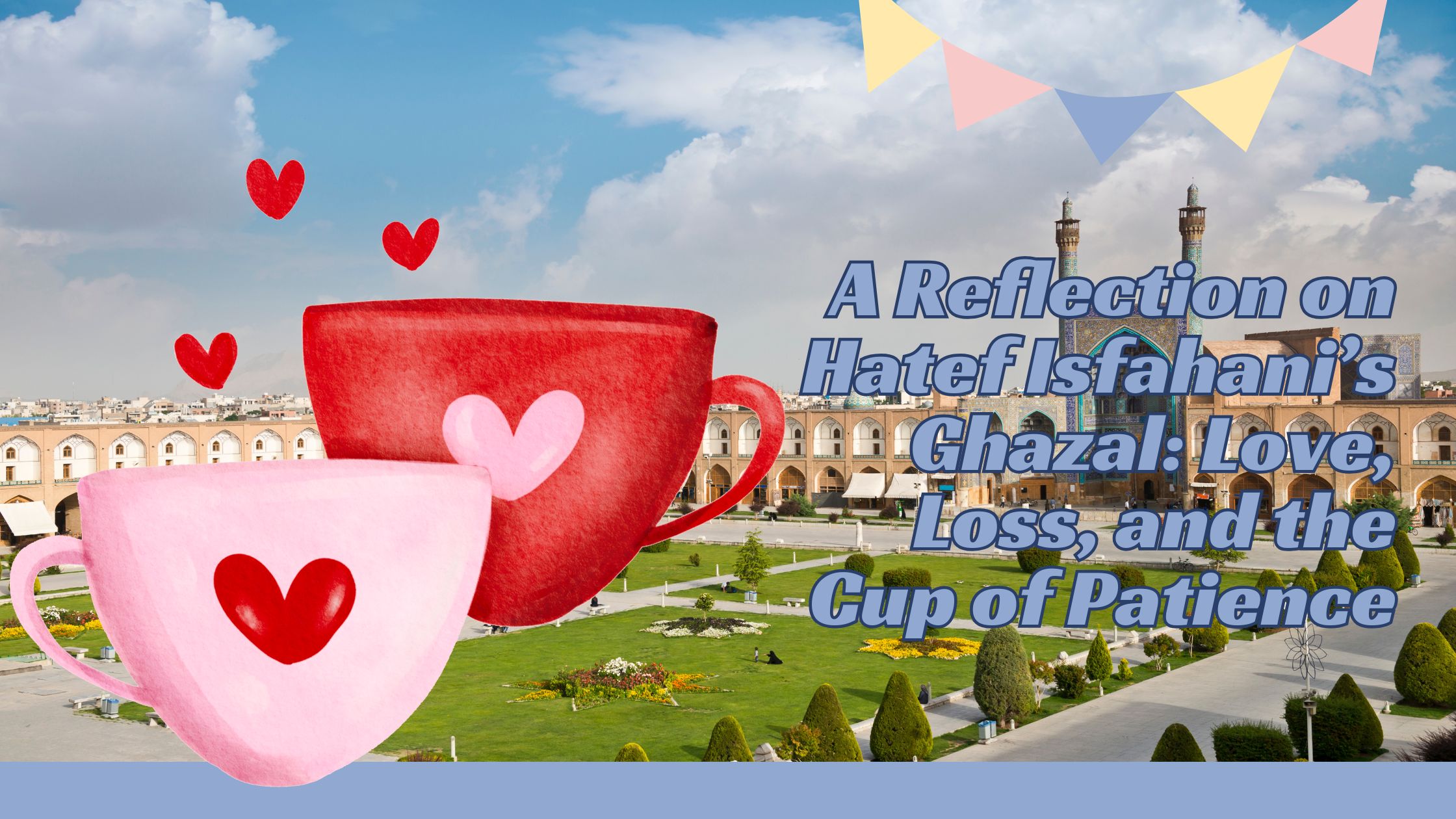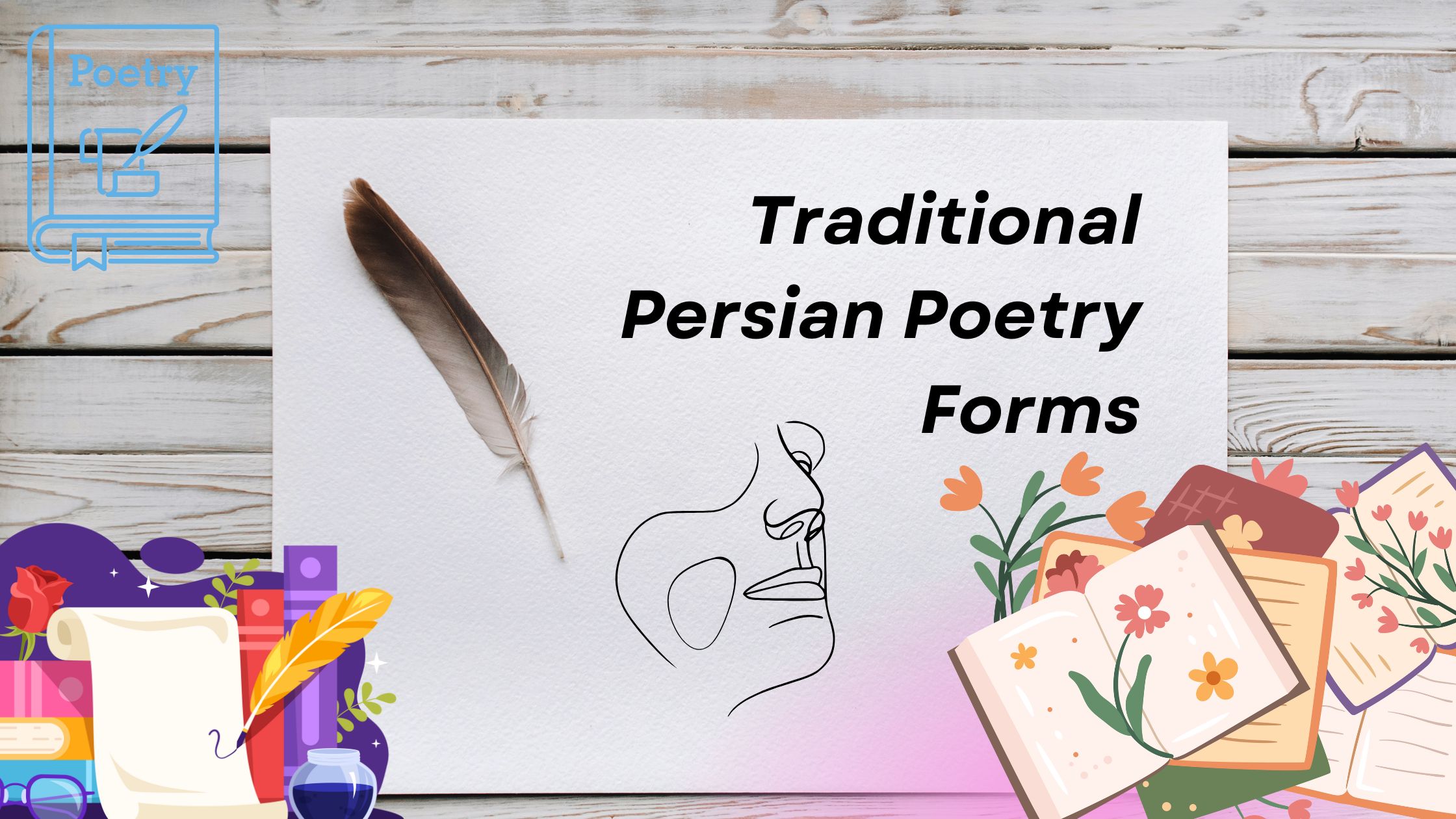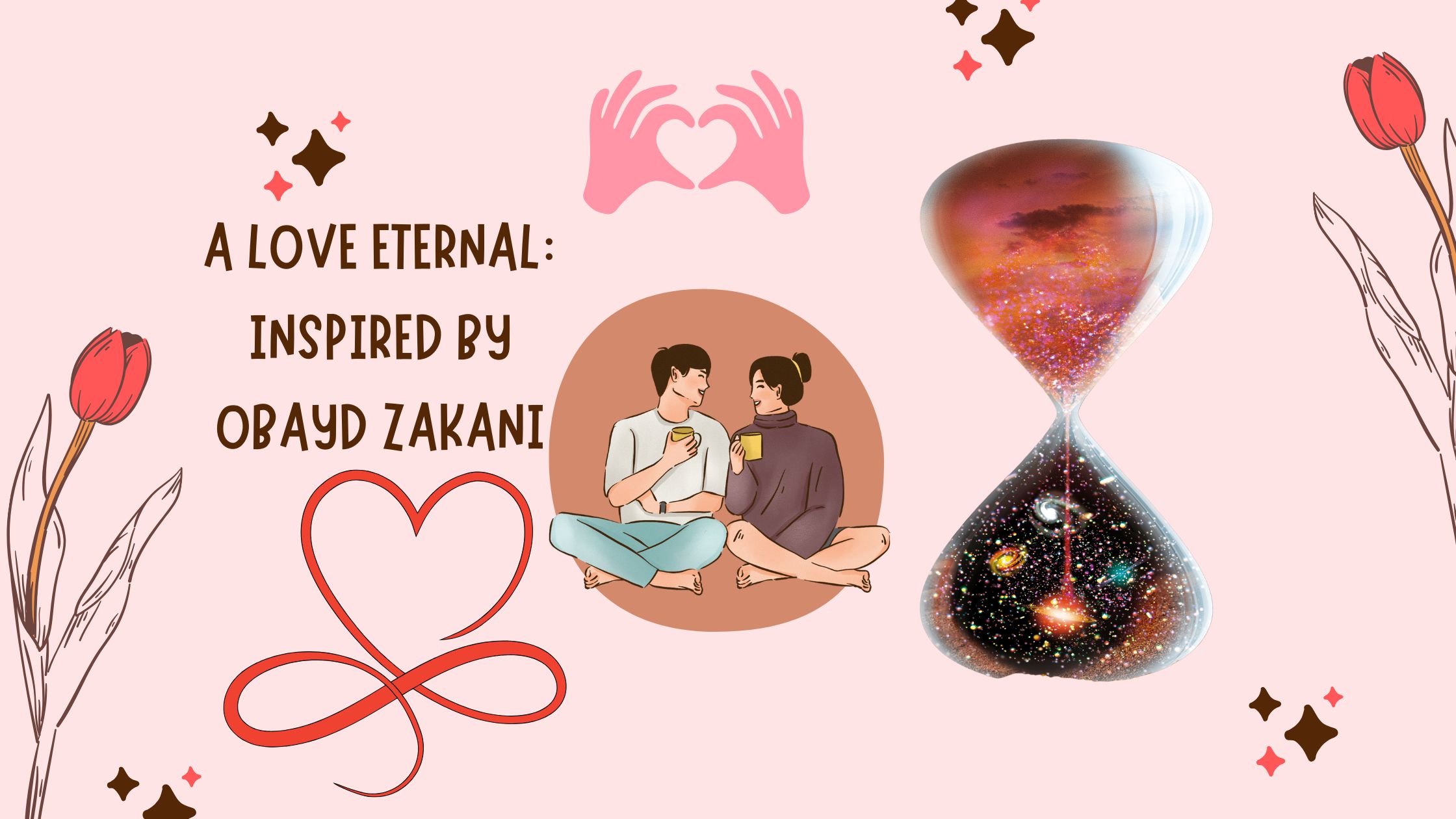Persian poetry is a garden of enchantment where the fragrance of love, mysticism, and human emotion mingles with the melodies of the heart. Among its many celebrated poets, Hatef Isfahani (18th century) holds a unique place as a master of the ghazal, a poetic form designed to pierce the soul with its compact intensity and exquisite beauty. Today, we dive into one of his masterpieces, examining both its Persian richness and its English rendering. Here is the ghazal:
Original Persian:
ای که در جام رقیبان می پیاپی میکنی
خون دل در ساغر عشاق تا کی میکنی
مینوازی غیر را هر لحظه از لطف و مرا
دم به دم خون در دل از جور پیاپی میکنی
راه اگر گم شد نه جرم ناقه از سرگشتگی است
بی گناه این راه پیما ناقه را پی میکنی
ناله و افغان من بشنو خدا را تا به کی
گوش بر آواز چنگ و نالهٔ نی میکنی
ساقیا صبح است و طرف باغ و هاتف در خمار
گر نه در ساغر کنون می میکنی کی میکنی
English Translation:
O you who fill the rivals’ goblets with wine unending,
How long will you pour heart’s blood into the lovers’ chalice?
Each moment, you grace others with kindness, and yet
You wound my heart endlessly with ceaseless cruelty.
If the path is lost, it is not the camel’s fault for wandering.
Yet you, the guide, unjustly chastise the innocent beast.
Hear my cries and laments, for God’s sake, how long
Will you only attend to the harp’s tunes and the reed’s wails?
O Cupbearer, dawn has broken, the garden calls, and Hatef, in longing,
If not now, when will you pour the wine into the goblet?
Unpacking the Ghazal’s Layers
Hatef Isfahani’s words resonate with a profound sense of longing, injustice, and divine plea. Through this ghazal, he explores themes central to Persian mystical poetry: the trials of love, the pain of separation, and the yearning for union with the Beloved. Let us unravel some of its intricate layers.
The Cup of Rivalry and Love’s Torment
The opening couplet juxtaposes two contrasting acts: generosity towards rivals and cruelty towards the poet-lover. The image of wine—a frequent metaphor in Persian poetry—symbolizes divine grace, intoxicating love, or worldly pleasures. Hatef questions the Beloved’s fairness, as others are favored while the true lover’s cup overflows with the blood of his heart, a poignant image of suffering.
A Cry Against Injustice
In the second couplet, the poet deepens the dichotomy of grace and grief. The Beloved’s actions seem arbitrary: strangers receive warmth while the poet endures a relentless barrage of heartbreak. This tension echoes the Sufi concept of the Beloved’s enigmatic nature—at once merciful and severe.
The Lost Path and the Innocent Camel
The third couplet introduces the metaphor of the camel, a loyal companion on the journey through the desert of love. Here, Hatef defends the wandering lover, likening him to a camel unjustly blamed for losing the way. The true fault lies with the guide, who fails to offer direction. This could be read as a critique of spiritual leaders or the seemingly capricious trials set by the divine.
The Lament and the Deaf Ears
The fourth couplet shifts to a direct plea. Hatef’s lament becomes almost unbearable in its rawness. He implores the Beloved to hear his cries, contrasting the human voice with the indifferent music of the harp and reed—symbols of fleeting, worldly distractions. This is a moment of vulnerability, where the poet’s pain becomes universal.
The Morning’s Promise and the Poet’s Hope
Finally, the ghazal concludes with a scene of dawn breaking and the poet’s lingering hope. The garden—a quintessential Persian symbol of paradise and renewal—beckons. In this light, the poet calls on the cupbearer to fulfill his longing. The question, “If not now, when?” carries existential urgency. For Hatef, the dawn signifies both a literal new day and the possibility of spiritual awakening.
Why This Ghazal Matters
Hatef’s ghazal transcends its era, speaking to the timeless human condition. Its questions about justice, love, and divine grace remain as relevant today as they were centuries ago. Moreover, the ghazal’s rich metaphors invite readers to reflect deeply on their own lives. Are we the generous cupbearer or the neglected lover? Are we attentive to others’ cries, or are we lost in distractions?
Conclusion: A Call to the Saqi
As dawn rises and the poet’s longing intensifies, Hatef’s words remind us of the fragility and beauty of life. His plea to the cupbearer is not just for wine but for the ultimate fulfillment of the soul’s yearning. Whether we interpret this as union with the divine, the embrace of a lover, or simply the joy of being fully present in the moment, the message is clear: time is fleeting. If not now, when?
Let us raise a cup to Hatef Isfahani’s enduring legacy and allow his words to echo in our hearts, urging us to pour love and grace into every chalice we encounter.





